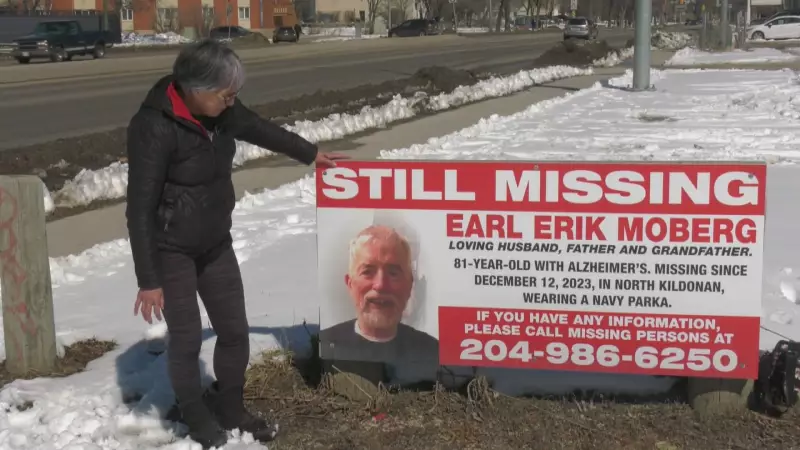
A powerful movement calling for a national Silver Alert system in Canada has reached the halls of Parliament, fueled by a Winnipeg family's personal tragedy and backed by over 7,300 concerned citizens.
The petition, formally presented in Ottawa this week, represents a growing national consensus that Canada needs a coordinated emergency alert system specifically designed to locate missing seniors with cognitive conditions like dementia, Alzheimer's, or autism.
From Personal Tragedy to National Mission
The initiative gained momentum after the heartbreaking case of a Winnipeg senior who went missing in January. Despite extensive search efforts involving multiple police services and community volunteers, the individual was not found in time.
This devastating outcome highlighted critical gaps in how Canada responds to missing vulnerable adults and inspired the family to channel their grief into meaningful change.
What Would a Silver Alert System Do?
Modeled after successful programs in the United States and AMBER Alerts for children, a national Silver Alert would:
- Activate rapid public notifications through broadcast media, highway signs, and mobile devices
- Coordinate between law enforcement agencies across provincial and municipal boundaries
- Mobilize community resources during the critical first hours after a senior goes missing
- Provide specific details about the missing individual's appearance, vehicle, and potential destination
Overwhelming Public Support
The petition's rapid accumulation of 7,300 signatures demonstrates strong public recognition of this urgent need. As Canada's population ages and cognitive conditions become more prevalent, the demand for protective measures continues to grow.
Advocates emphasize that time is the most critical factor in missing persons cases involving cognitive conditions. The first 24 hours often determine whether the situation ends in tragedy or safe recovery.
What Happens Next?
With the petition now formally before Parliament, the federal government must respond within 45 days. Supporters are optimistic that this significant public demonstration will translate into concrete policy action.
The proposed system would represent a major step forward in protecting Canada's most vulnerable citizens and providing peace of mind to families across the country.





